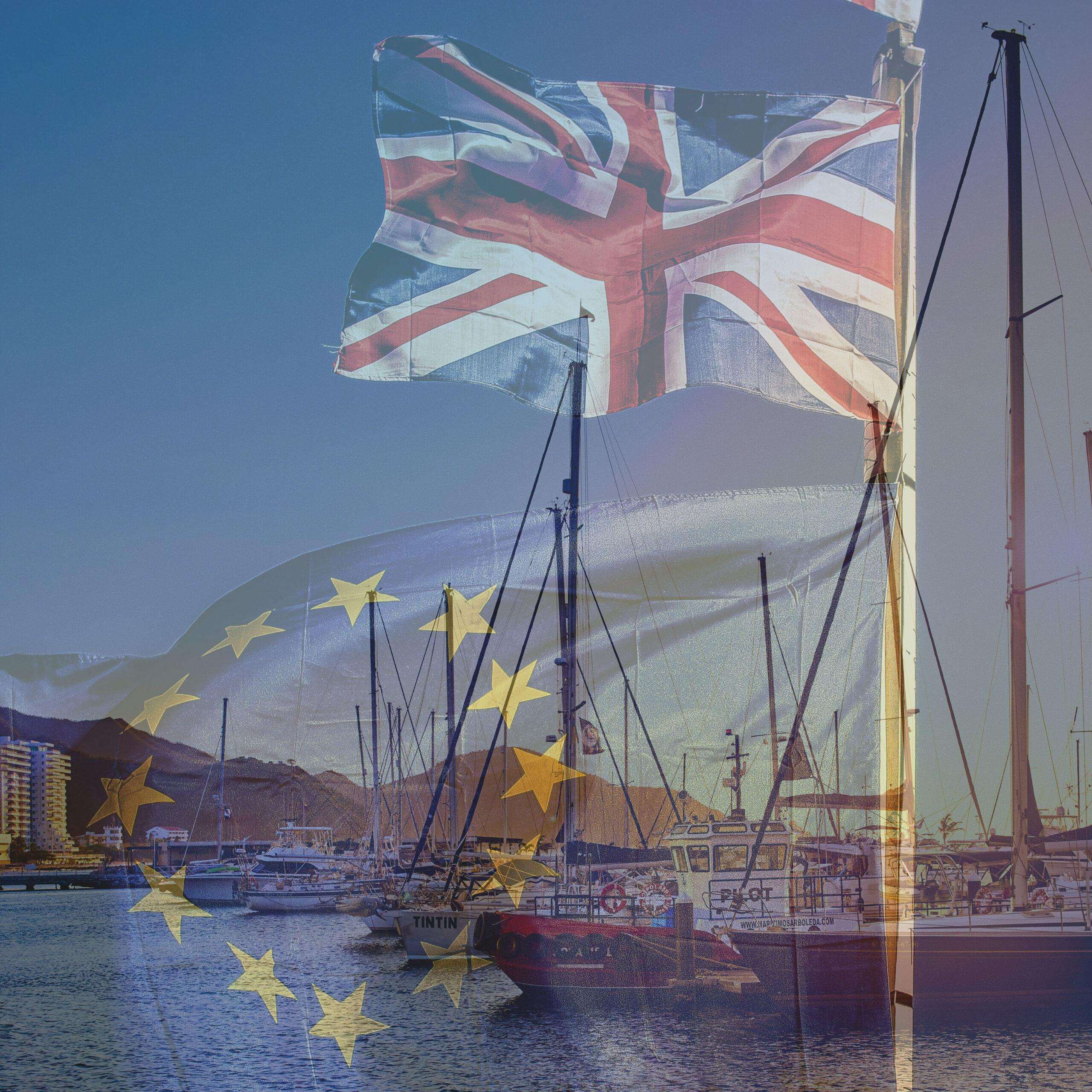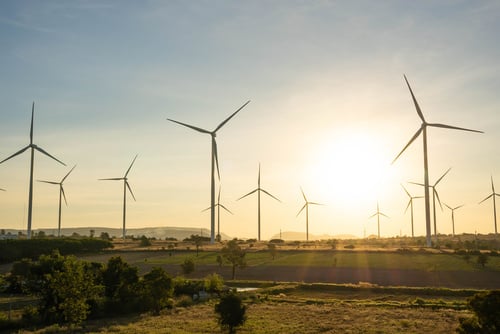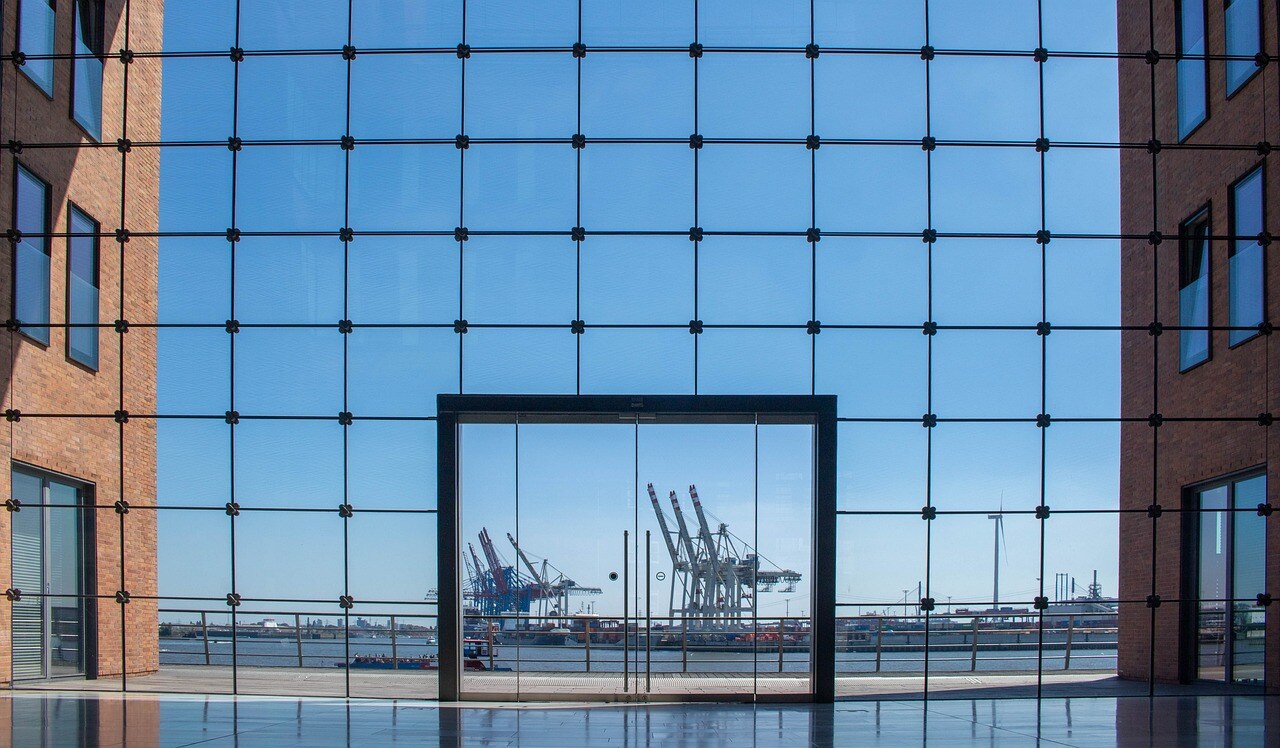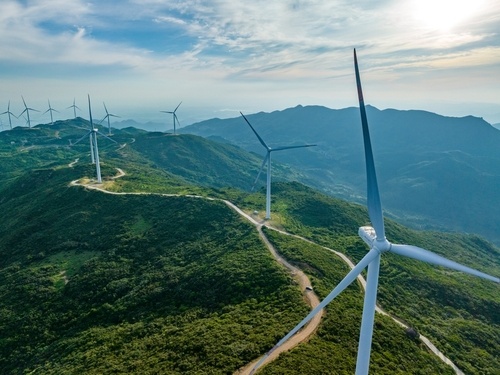
Energy After Brexit
As we all know, the EU and the UK have now reached agreement on a new trading partnership which commenced on January 1. But is it a good deal and how does it directly affect energy supplies between the EU and the UK? Some people think it smells a little fishy..
For many years, the UK has been a net importer of both gas and electricity. The UK produces enough gas to meet almost half of its needs (44%) from the North Sea and the East Irish Sea. We import 47% of the gas we use via pipelines from Europe with the remaining 9% delivered into the UK by tankers in the form of Liquefied Natural Gas (LNG). However, as the levels of production in the North Sea have declined, the UK is increasingly reliant on gas imports. The UK imports natural gas primarily from Norway (predominantly via the SAGE, FLAGS and Vesterled pipelines). Smaller volumes are imported from Belgium (via the UK-Belgium Interconnector) and the Netherlands (via the Balgzand to Bacton line).
In addition to this the UK has six electricity interconnectors allowing trade with continental Europe: England-France IFA1 (2GW capacity), England-France IFA2 (1GW capacity) England-Netherlands (1GW), England-Belgium (1GW), Northern Ireland-Ireland (0.6GW) and Wales-Ireland (0.5GW). Energy can flow in either direction via these interconnectors, but in reality, as energy is typically cheaper in the EU than the UK, we import more than we export.†
Latest news
ESOS: Why the Environmental Agency penalises businesses
This blog explores some of the reasons why companies fall short and provide practical advice on how to avoid these pitfalls.
ESOS Action Plans: What do they include?
Starting from the third compliance period, the Energy Savings Opportunities Scheme (ESOS) introduced additional reporting requirements. After submitting your compliance notification, you must produce...
6 Key Energy Trends to Watch in 2025
The energy world is changing fast, and 2025 is shaping up to be another big year. Whether you’re a business leader, investor, or just someone keeping an eye on where the industry is headed, staying...
See how much we could save you
Please call our team on 0345 634 9500 or email us at info@tridentutilities.co.uk.






